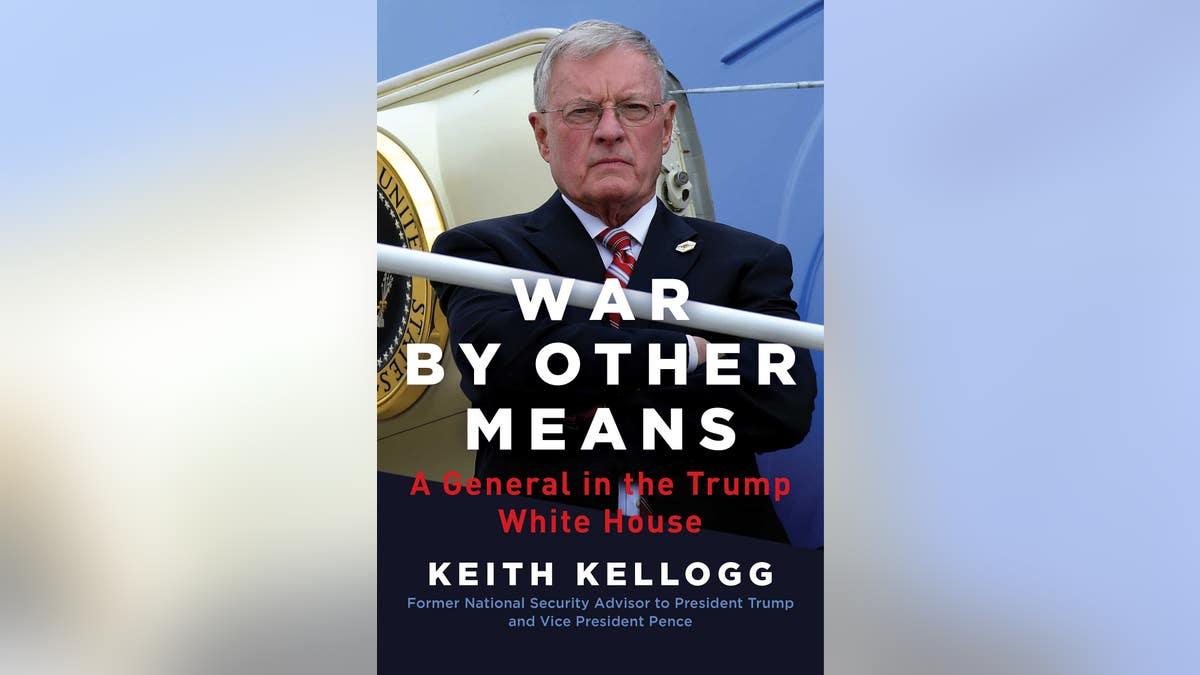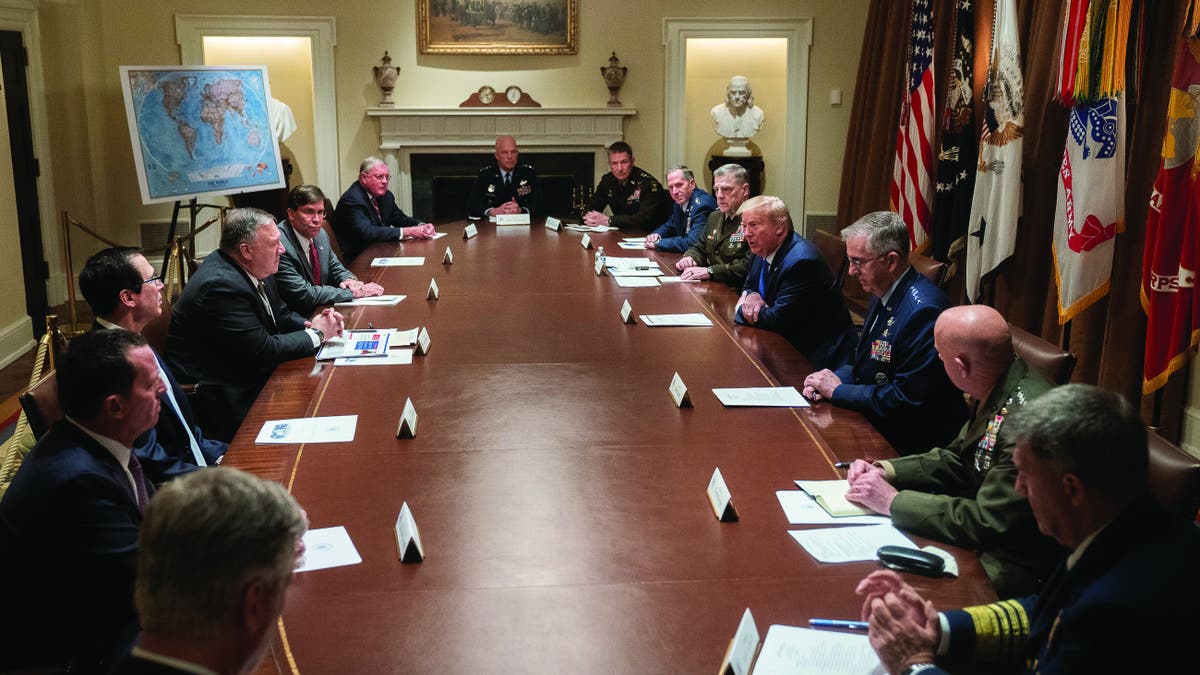Gen. Keith Kellogg: ‘There must be some accountability at a senior level’
Gen. Keith Kellogg, former national security adviser to VP Pence, discusses the fallout from Biden's withdrawal of U.S. troops from Afghanistan on 'America Reports.'
Editor’s note: The following column is adapted from Gen. Keith Kellogg’s new book: "War By Other Means: A General in the Trump White House" (Regnery, October 19, 2021)
Accountability remains one of the most important tenets in leadership and, until recently, was a crucial component to success in the military. Accountability develops trust, demonstrates stewardship, and influences decision-making. By virtue of its necessity, it is interwoven into nearly every aspect of life in uniform. Troop formations, combat success, physical fitness tests, individual performance reports, financial liability investigations for property loss -- all are mechanisms and tools of accountability.
Dangerously, accountability in decision making at the highest levels of the military appears to have all but disappeared. Over the past decade, stars on shoulders became Afghan participation trophies and we all but celebrated mediocrity in our leaders.
As Kabul fell so did our trust and faith in our military senior leaders. The chaotic withdrawal from Afghanistan and the ‘just-for-show’ hearings in Congress that followed indicate the weakness and inability of our uniformed and elected leaders to accept the most fundamental aspect of their job…accountability.
There’s an oft-spouted phrase in the military, "failure is not an option." Yet, we appear to have adopted it as our default because you simply cannot win without leader accountability.
Our most famous military leaders understood this and achieved victory because of it. You only have to turn to recent history and General George C. Marshall’s "plucking boards" which forced hundreds of colonels and generals into retirement based on performance to understand the necessity of accountability.

Arguably, this purge ensured our victory in World War II. Just as then, a full-scale removal of many of our senior uniformed leaders is exactly what is needed for us to win our next war.
We have allowed a culture of accepting mediocrity and mendacity to fill the void where a culture of winning used to exist. Within our military, many seem to have fallen prey to the idea that holding someone accountable is the same thing as attacking them personally.
Too many have forgotten that they lead the military to fight and win our nation’s wars. Unfortunately, we have elected leaders who lack the fortitude and vision to make those hard calls when it comes to the Defense establishment.
H.R. MCMASTER: STOP PRETENDING AFGHANISTAN CATASTROPHE IS ANYTHING BUT UTTER FAILURE
An action like Marshall’s today seems unfathomable because we have allowed a culture of accepting mediocrity and mendacity to fill the void where a culture of winning used to exist. Within our military, many seem to have fallen prey to the idea that holding someone accountable is the same thing as attacking them personally.

President Donald J. Trump, joined by Secretary of State Mike Pompeo, meets with senior military leadership and national security team members Saturday, May 8, 2020, in the Cabinet Room of the White House. (Official White House Photo by Joyce N. Boghosian)
Worse, leaders have allowed this notion to permeate unchallenged. This false equivalency and fear of reprisal due to its implications have tied the hands of many leaders who would normally take action.
CLICK HERE TO GET THE OPINION NEWSLETTER
Simply, it’s become safer to do nothing. The drop in accountability has sparked a rise in moral cowardice.
More from Opinion
Afghanistan has already faded from the headlines replaced by other crises that threaten the American way of life. While issues like border security, inflation, and supply chain disruption warrant attention, we cannot allow Kabul’s debacle to fade from our memory. It certainly has not for our enemies. China’s recent actions towards Taiwan demonstrate as such.
CLICK HERE TO GET THE FOX NEWS APP
Thankfully, the tide has not fully turned, and we can once again project strength through accountability. There is a need to establish an independent commission, much like the 9/11 Commission, to examine the Afghan war. It must be staffed with respected historians and people who played no part, at any level, of decision-making throughout the 20 years of war.
The committee should have no active politicians nor senior military leaders – though they must be committed to a thorough review and adoption of the committee’s recommendations, whatever they may be. We owe that to our thousands dead and wounded and those we left behind in a lost war.










































